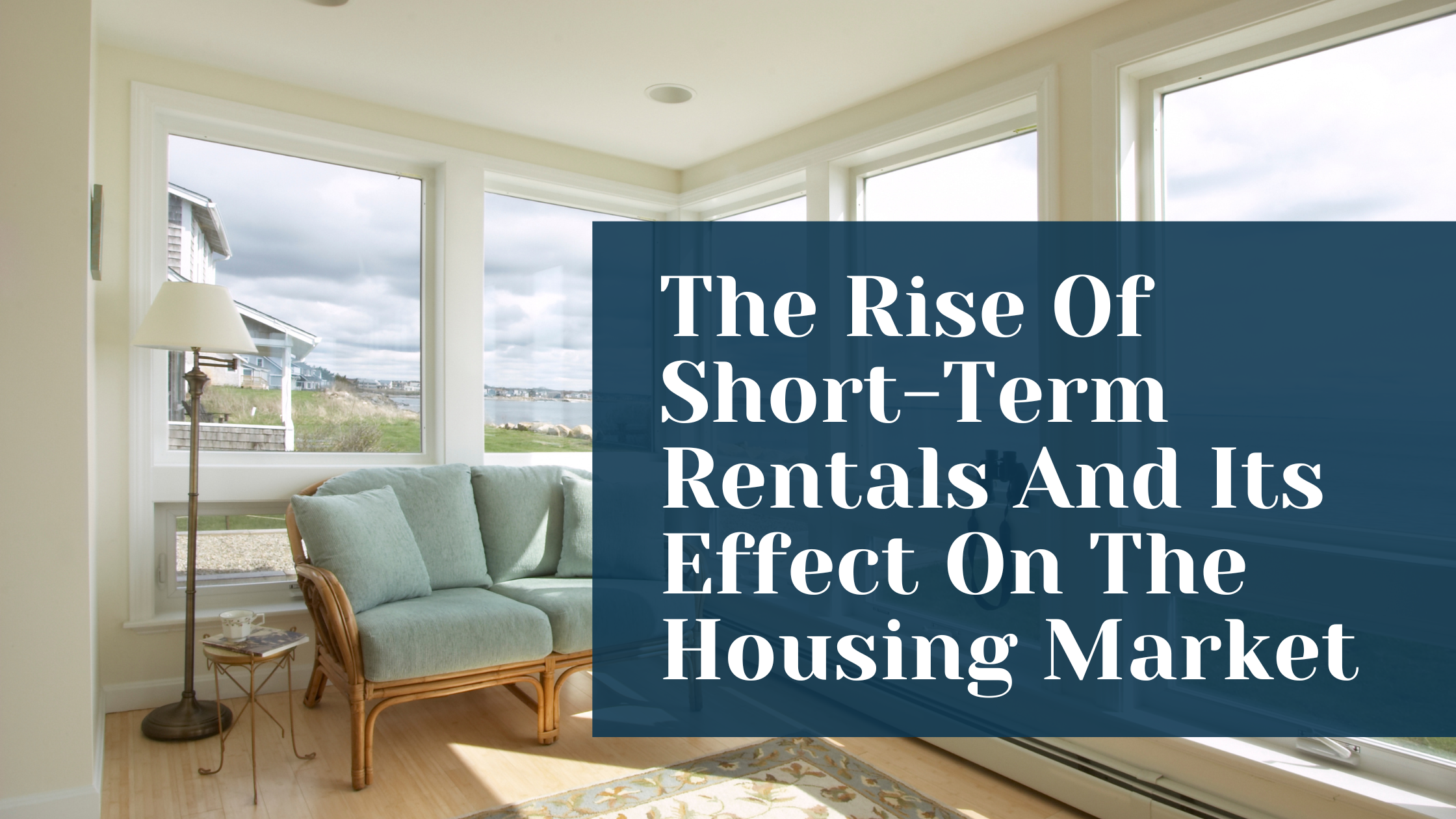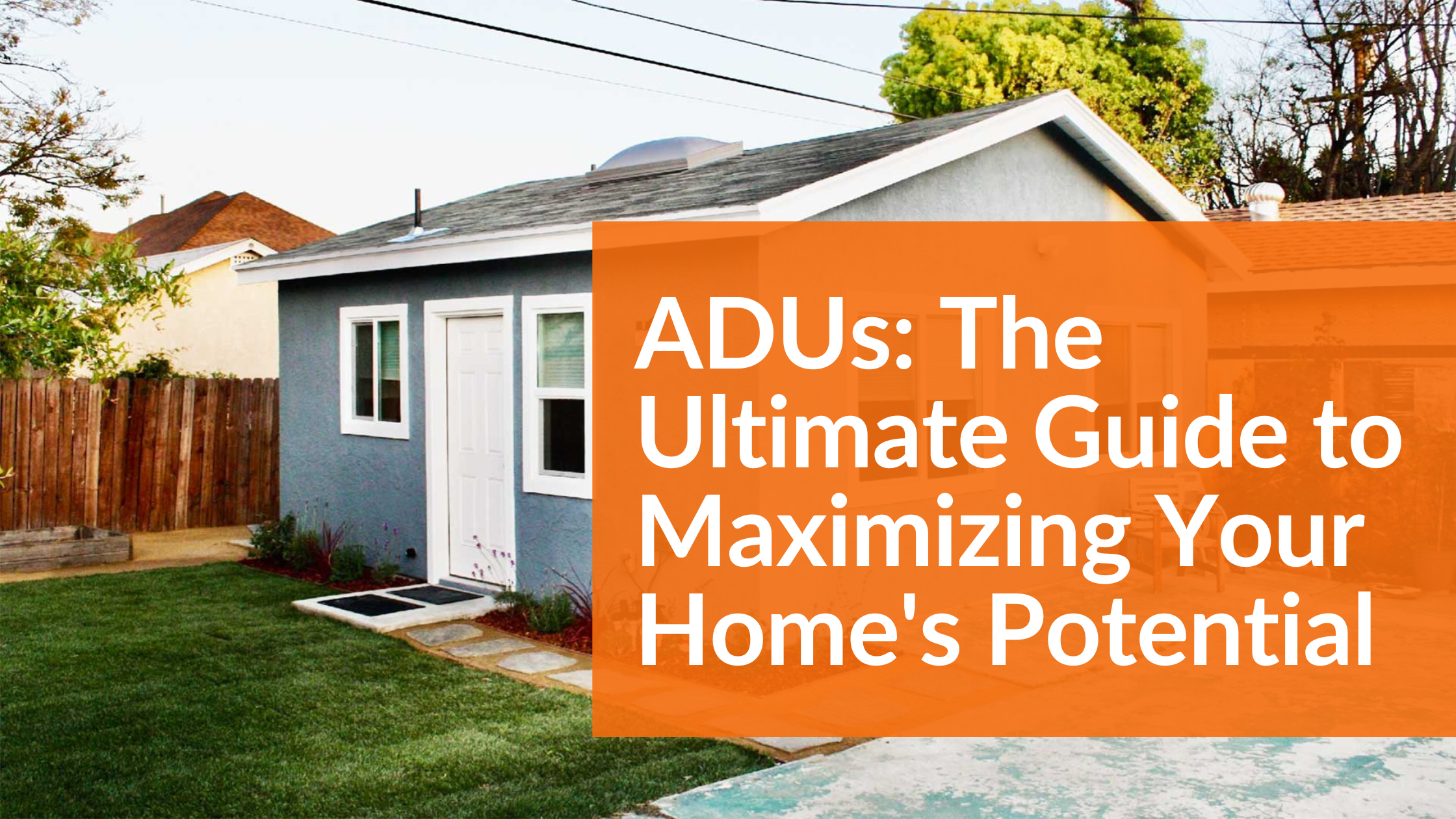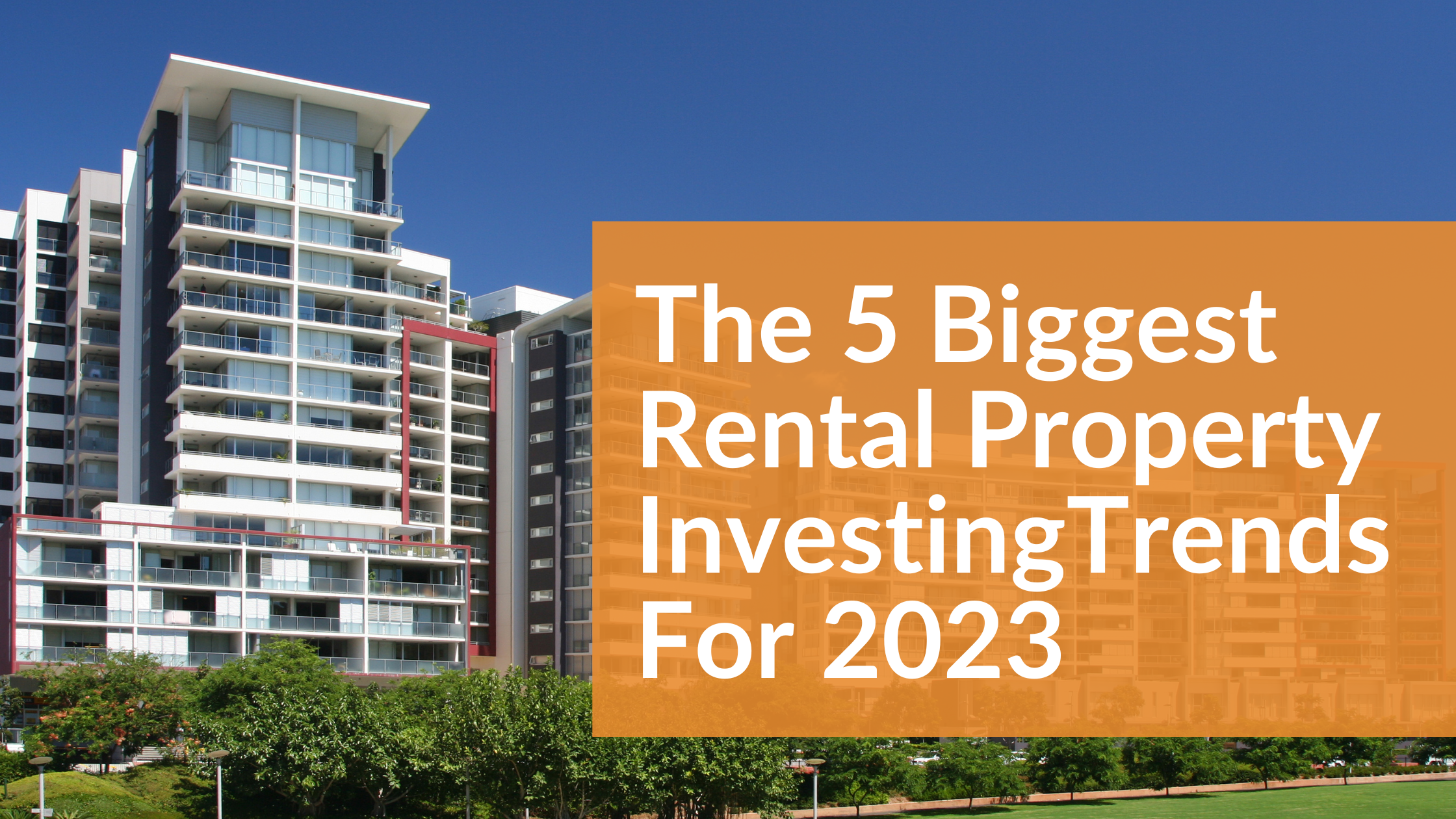The Rise Of Short-Term Rentals And Its Effect On The Housing Market

A Federal Reserve president has blamed short-term rentals for contributing to the current housing crisis.
Patrick Harker, president, and chief executive officer of the Philadelphia Federal Reserve, recently wrote a blog post regarding the rising cost of property in New Jersey. He attributed the increase in home prices to an increase in the number of people purchasing properties for use as short-term rentals.
According to Harker, "short-term rentals have swallowed up a large chunk of the housing stock,", especially along the Shore.
Ocean City, New Jersey, has been named the most popular American location on Airbnb. (Did I say we have the nicest beaches?) he asked.
Clearly, the growth in median income and the accessibility of high-wage jobs in Jersey have contributed to soaring housing prices in The Garden State.
Furthermore, Harker argued, "the state sorely needs to develop more affordable houses" in New Jersey since it has the greatest percentage of persons aged 18 to 34 living at home with their parents.
However, according to a 2019 analysis by the Economic Policy Institute, the supply of housing is harmed when Airbnbs appear in residential areas, as this shifts properties from the long-term residential market to the short-term tourism market.
According to the EPI, this factor ultimately contributes to higher property prices.
According to MarketWatch, one buyer said her previous property was purchased by an Airbnb investor.
Erin Piedmont, a home buyer in Savannah, Georgia, was told at an open house that a possible buyer wanted to buy the property she was seeing so they could turn it into an Airbnb.
It's the prettiest little family house, but now all these folks in a neighborhood where families have lived for decades would have to cope with an Airbnb, she lamented. As one observer put it, "it looks to be kind of wrecking the housing market."
The Alabama mansion that Piedmont formerly called home was also sold to an Airbnb investor.
Vacation locations rely heavily on short-term rentals.
A representative from Airbnb told MarketWatch that the company had an alternate explanation. They claimed that with inflation remaining high, Airbnb hosting, or short-term rental, is a way for homes to generate money.
They also noted that out of all the available apartments in New Jersey, just 0.4% were listed on Airbnb.
To blame short-term rentals for the country's housing problem, they contended, isn't fully fair given that the government hasn't constructed enough homes for its inhabitants.
When asked to elaborate, they said, "The fact is that house sharing has been an integral part of the fabric of tourist locations for decades."
Alternative Methods to Increase the Housing Supply
Brookings Metro senior scholar and author of the forthcoming book "Fixer-Upper: How to Repair America's Broken Housing Systems" Jenny Schuetz criticized what she called Harker's "ambivalent" assessment of the impact of short-term rentals on the housing market.
Schuetz pointed out that in the same piece, Harker advocated for a change in local zoning laws that would allow people to rent out extra space in their homes, such as a garage or basement, in order to increase the available housing stock.
The legalization of accessory dwelling units (ADUs), sometimes known as granny flats or backyard dwellings, in California sparked a construction boom. M. Nolan Gray, the head of research for the California YIMBY neighborhood group, claims that as of last year, one in every seven dwelling units approved for construction in the state of California was an accessory dwelling unit. One-quarter of all new residences constructed in Los Angeles in 2017 were accessory dwelling units.
Schuetz said that "even if some of them are utilized as short-term rentals, encouraging homeowners to establish these sorts of supplementary dwelling units is one significant method to expand total housing availability."
Changes To The Zoning Laws
Harker also advocated for broader zoning law reform to make room for the construction of additional multi-family dwellings like townhouses and apartments.
Specifically, he was referring to the widespread application of zoning ordinances that prevent the construction of apartment buildings and instead mandate the construction of single-family houses in communities across the country. He explained that "several municipalities in New Jersey are... designated for single-family houses."
In terms of solutions to the problem of affordable housing, Schuetz pointed out that the Garden State provides a number of options.
For instance, "which has helped counter some of the strains in the wider NYC region," she said, "a substantial number of apartments have been created in Jersey City and Hoboken." However, many wealthy communities, as Harker said, have extremely stringent zoning that price out middle- and low-income families.
Create affordable homes for the working class
Harker further proposed building affordable homes for workers in close proximity to their places of employment. "Housing for employees is severely lacking in tourist hotspots like the Jersey Shore," Harker wrote.
He went on to say that incentives for workforce housing may help alleviate supply bottlenecks. As a result, "in the same tourist-heavy districts, local governments might attempt to limit the number of short-term rentals to guarantee that local inhabitants have someplace to live."
The housing crisis is receiving attention, and action is being taken to alleviate it.
Many more houses are being built than have ever been built before. The number of homes being built in the United States in August was 1.7 million, up from 1.4 million in the same month the previous year.


